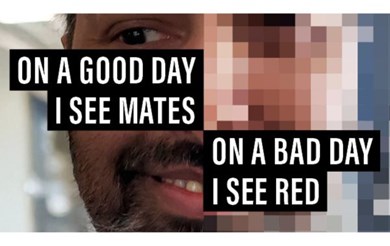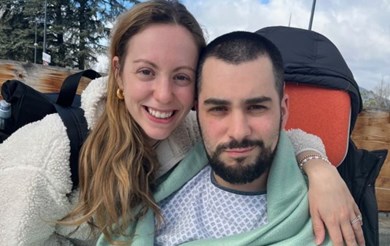Having been named in the starting XV, Ringrose approached head coach Andy Farrell after Thursday’s training session to report lingering symptoms from a concussion sustained earlier in the tour.
Having achieved his goal of winning a coveted starting berth among intense competition, Ringrose’s decision has rightly been described as selfless. By flagging the ongoing effects of his brain injury, he has put the team first by stepping aside – allowing a fully-fit teammate to take his place in one of the most high-stakes matches of the tour.
By recognising the risks of playing while concussed, Ringrose has rightly prioritised his own health. In doing so, he is also setting an incredible example to other sportspeople at all levels.
His act shows how far sport has come in understanding the short and long-term implications of not treating concussion – or brain injury – with respect.
It also highlights how difficult it is for medics to accurately assess players for the concussion - both in the immediate aftermath of a collision, and in terms of the lingering effects, which can last for months.
It takes players to be open and honest, admitting when they do not feel right. It takes incredible bravery, but it's a decision that could make such a difference to his long-term health.
Luke Griggs, Chief Executive of Headway, the brain injury charity, said: “Garry’s decision is incredibly brave. It’s also selfless and potentially transformative in the way sports people at all levels consider brain injury.
“It must have taken great courage to rule himself out of what would have been one of the biggest games of his career.
“In doing so, not only has he protected himself from a potentially much more serious brain injury, but he’s also set an incredible example for others.
“Looking after yourself and looking after your team are not mutually exclusive. No concussed player will be an effective teammate, and no game is more important than your long-term health’.
“Garry deserves all the praise and support that comes his way. To see such a high-profile example of how far we have come with increased awareness of brain injury in sport is incredibly encouraging.”











